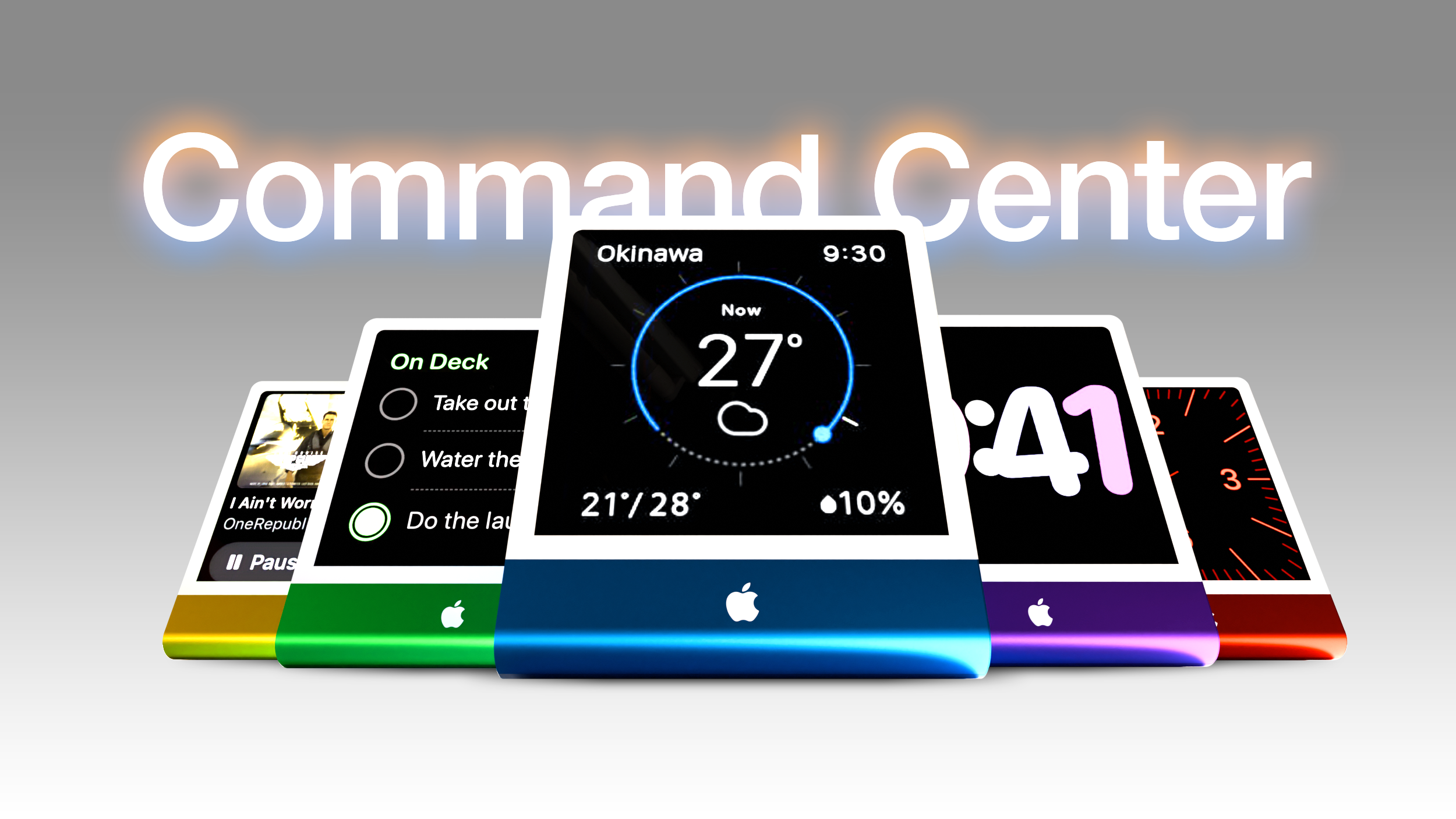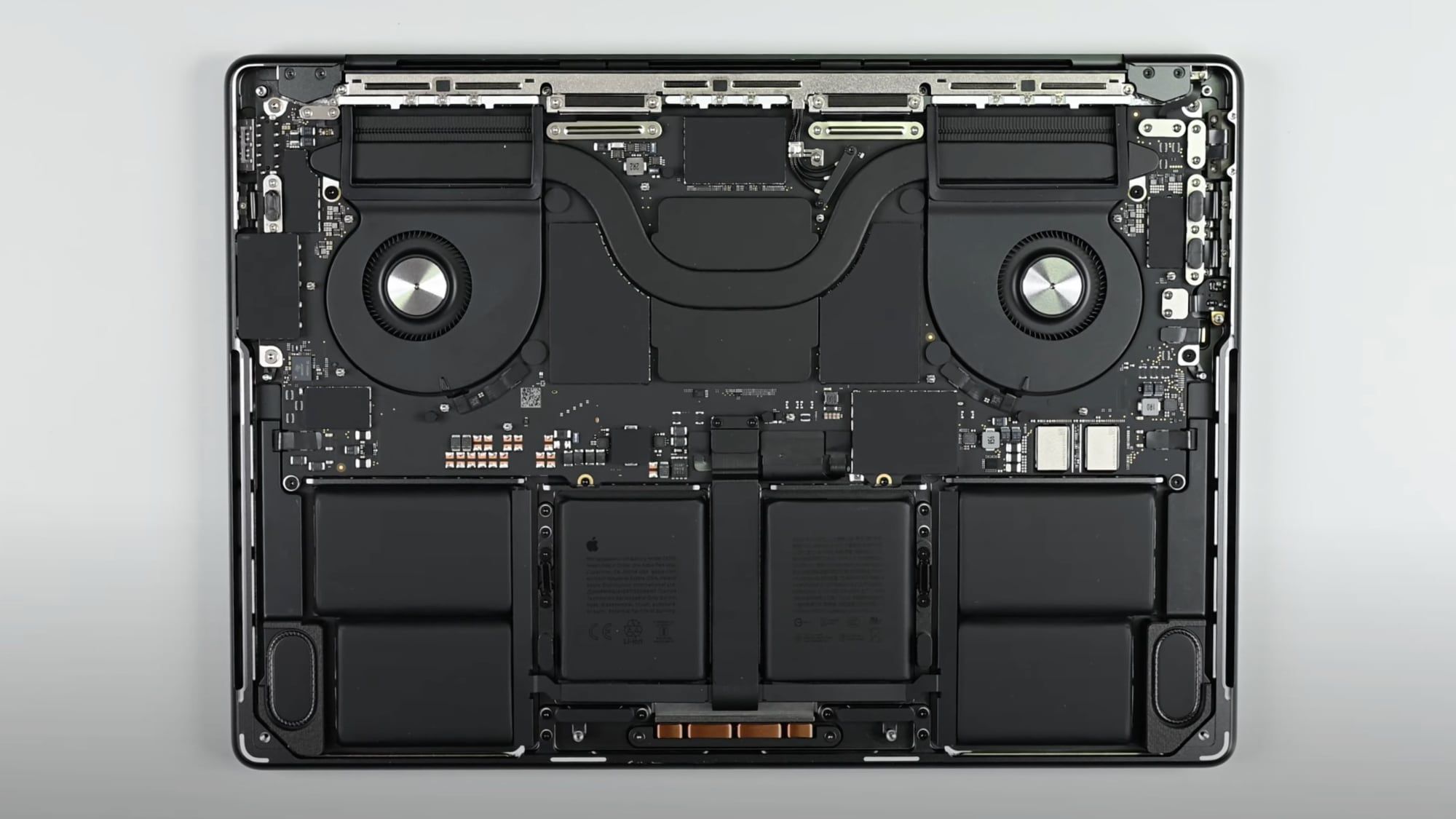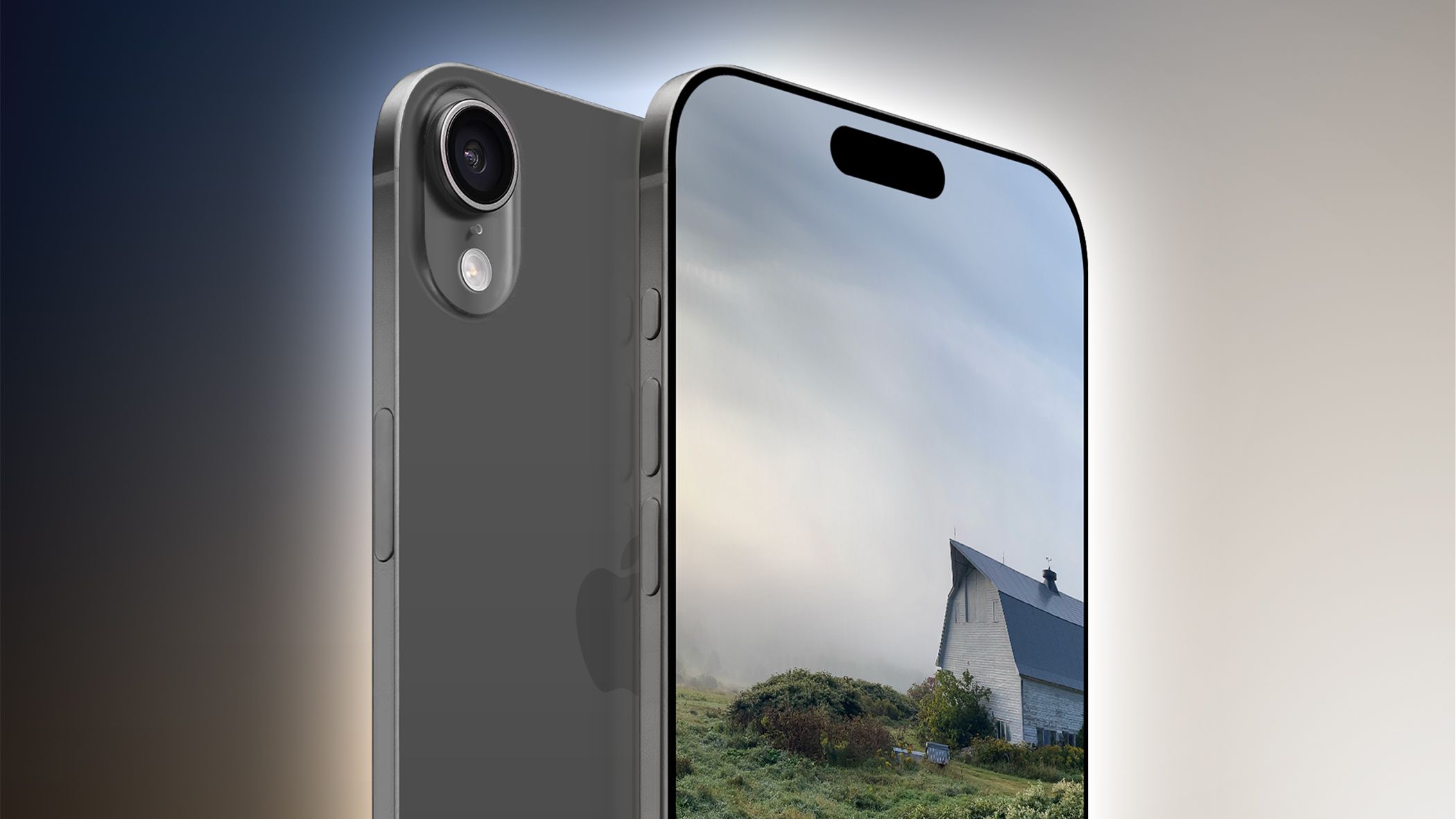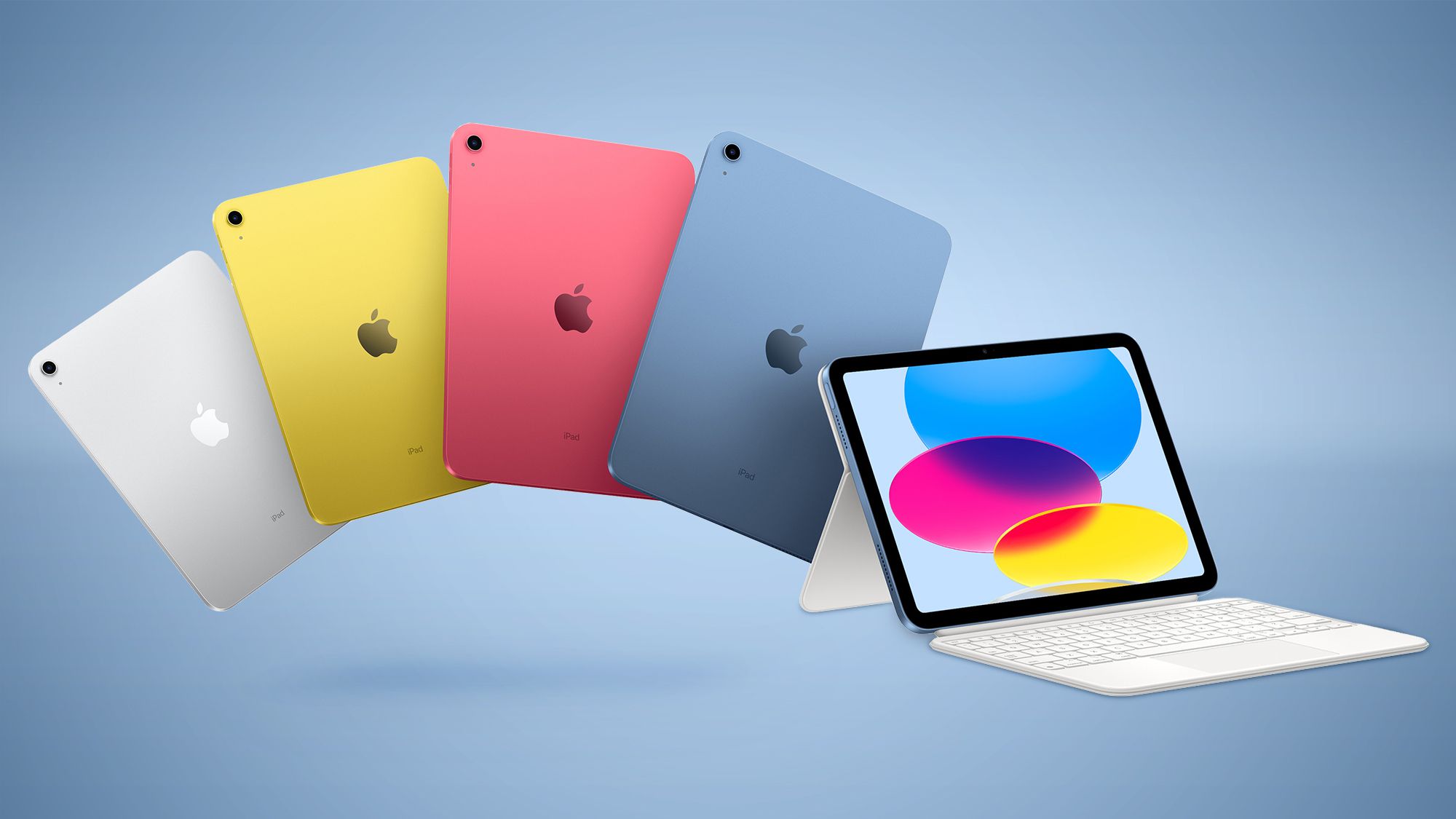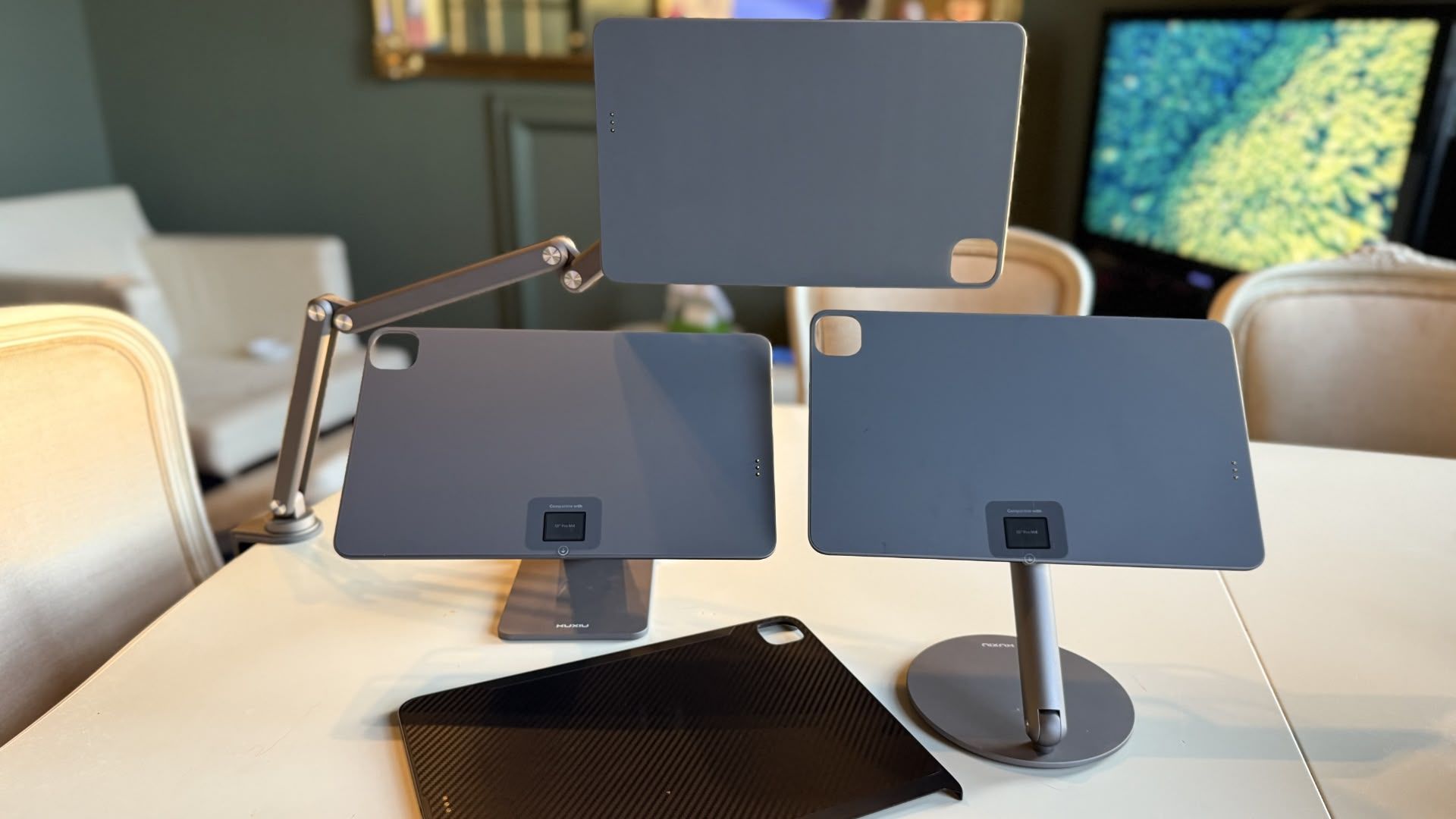With Formnext 2024 underway in Frankfurt, Farsoon Technologies (SHA: 688433) is showcasing a series of developments unveiled in the lead-up to the event.From advancing food-safe 3D printing for the packaging and pharmaceutical industries to presenting partnerships in electric vehicle manufacturing and post-processing, the company continues to prove its status in industrial 3D printing.Farsoon at Formnext 2024.Image courtesy of Farsoon via LinkedIn.Food-Safe 3D PrintingKicking things off, Farsoon and French polymer expert FABULOUS introduced DETECT, a food-safe certified material for laser powder bed fusion (LPBF) systems.
This collaboration is a game-changer for food and pharmaceutical packaging, allowing high-resolution, large-scale production of food-contact-safe components.The DETECT material brings several notable features to the table.It meets strict food safety requirements and is certified under European regulations EU 10/2011 and U.S.Food and Drug Administration (FDA) CFR 21 standards.The material has a base made of blue PA11, a bioplastic derived from renewable sources like castor oil.
PA11 is durable, suitable for 3D printing, and safe for food-related applications.What’s more, the blue color makes parts easier to spot during inspections.Additionally, the material incorporates a polymer-metal composite design, where metal particles are mixed into the polymer base.
This feature allows the material to be detected by X-ray systems, ensuring safety and quality control in food and pharmaceutical production.Ice extruder made with FABULOUS 3D material DETECT.Image courtesy of Farsoon/Pierre-Alain Mounier.Adding to its appeal, DETECT is a sustainable choice, including bio-based components and adhering to the EU’s Good Manufacturing Practice (GMP) guidelines, making it a responsible option for modern manufacturing.Farsoon’s Flight 3D printers work well with DETECT, offering fast production, precise detailing, and support for various technical materials.While DETECT is designed for use with LPBF systems in general, Farsoon says its printers ensure optimal performance with the material.
The first successful production run using DETECT was carried out by Belgium-based service bureau 3D Infinity, which has clients like Bonduelle, a global leader in the food industry specializing in vegetables, and healthcare provider AZ Sint-Jan.Next-Level Motorcycle ProductionIn another partnership, Farsoon is teaming up with Stark Future, a premium electric motorcycle innovator, to advance series production of motorcycle components using large-format metal 3D printing.As part of this collaboration, Stark is buying Farsoon’s FS721M-H-8-CAMS, a large-format LPBF system designed for high-performance, scalable manufacturing.Released earlier this year, the FS721M-H-8-CAMS has several key features.It offers a large build volume of 720 x 420 x 650 mm, making it ideal for producing big parts.
The system uses eight 1000W fiber lasers for fast and affordable production.It also includes a cartridge system and internal conveyor that let it keep running with little downtime.Farsoon’s FS721M-8-CAMS eight-laser metal additive manufacturing system.Image courtesy of Farsoon.Stark Future wants to use titanium 3D printing to achieve new standards in performance and durability.
According to Stark CEO Anton Wass, this partnership is set to revolutionize electric motorcycle production, making Stark one of the first automotive manufacturers to mass-produce titanium parts using 3D printing.Stark strongly believes that mass production of Titanium 3D printing is a natural next step in producing better motorcycles: “Farsoon’s cutting-edge large-format metal 3D printing technology empowers us to scale production of a technology previously only used in F1, space, and prototyping while maintaining our rigorous standards for performance and durability.Together, we are raising the bar in the motorcycle industry and are confident that this partnership will drive innovations that have never been done before in production vehicles.”Visitors to Formnext can see the FS721M-H-8-CAMS system in action alongside Stark Future’s bespoke Stark VARG motorcycle.This all-electric motocross bike combines high performance, cutting-edge customization options, and sustainability.
With up to 80 horsepower and advanced ride modes, the VARG is designed to outperform many traditional gas-powered bikes while producing zero emissions.Catch both at Hall 11.0, Stand E11.Stark Future’s Stark VARG electric motorcycle.Image courtesy of Stark Future.Better Metal Printing and Post-ProcessingAfter working with Stark Future on metal 3D printing, Farsoon has expanded its focus to improving polymer and metal workflows.
Recently, it collaborated with Airbus subsidiary APWORKS to qualify the FS422M multi-laser PBF system for producing Scalmalloy, a high-strength aluminum alloy used in aerospace and automotive applications.Additionally, Farsoon has announced partnerships with Germany’s Headmade Materials and New York-based PostProcess Technologies to make 3D printing more efficient and sustainable.Titanium alloy Ti6Al4V parts produced using ColdMetalFusion Technology.Image courtesy of Headmade.In its collaboration with Headmade Materials, Farsoon has introduced titanium part production on its SS403P polymer PBF systems.
This innovation combines Farsoon’s advanced printing technology with Headmade’s ColdMetalFusion method, allowing for reliable and sustainable manufacturing for industries like aerospace, medical devices, and automotive manufacturing, where high-performance metal components are essential.By supporting titanium applications, these polymer 3D printers deliver greater versatility, opening up new possibilities for industrial use.Farsoon’s efforts to boost workflows don’t stop at material innovation.Alongside its work with Headmade Materials, the company has partnered with PostProcess Technologies to tackle challenges in post-processing for polymer 3D printing.
The duo has introduced an automated depowdering solution for polymer PBF systems.This innovation streamlines powder removal, reduces labor costs, and increases material recyclability.The integration features the PREVO 700 automated depowdering system, designed to work seamlessly with Farsoon’s printers.Farsoon Polymer PBF system SS403P.
Image courtesy of Farsoon.The automated workflow has several benefits, including a reduction in labor costs of 75%.It also boosts sustainability by recovering more than 95% of used powder, making the process more eco-friendly.It also fosters scalability by ensuring faster turnaround times and consistent results, making it ideal for industrial-scale production.During Formnext 2024, Farsoon has live demonstrations of the DETECT material, insights into titanium part production via ColdMetalFusion, and the PREVO 700 automated de-powdering system.Subscribe to Our Email NewsletterStay up-to-date on all the latest news from the 3D printing industry and receive information and offers from third party vendors.


